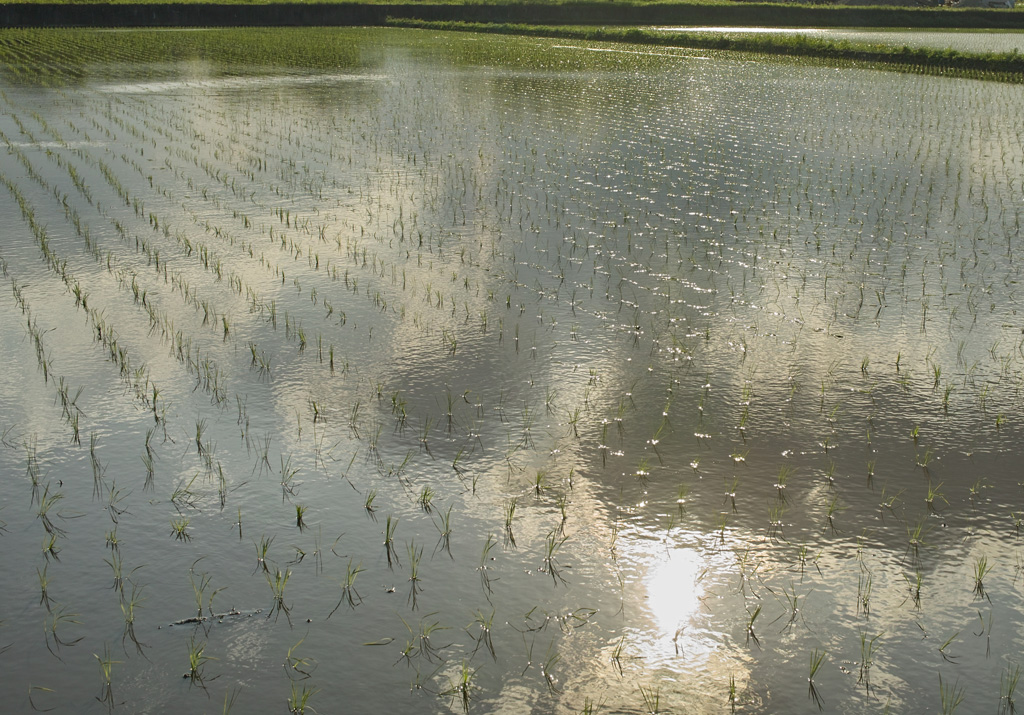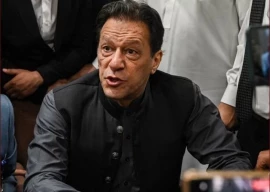
This was stated by Dr Mohsin Iqbal, head of the agriculture and coordination section at the Global Change Impact Studies Centre (GCISC), who added that recent projections have confirmed that wheat yields in Pakistan will decline towards the end of the century owing to changing weather patterns and rises in temperature.
GCISC is Pakistan’s only autonomous, dedicated climate change research institution and its research shows the decline in wheat yields could be 8 to 10 per cent from current yield levels. By 2100, Iqbal said, rice yields might also reduce 15 to 20 per cent.

The decrease in yields could lead to a food shortage which in turn could prove catastrophic for a country such as Pakistan, whose population, with a 1.9 per cent annual growth rate, is expected to touch the 300-million mark by 2050.
GCISC’s observations are in line with other international and regional reports, said Dr Bashir Ahmad, a principal scientific officer at the Climate Change, Alternate Energy and Water Resources Institute of the National Agricultural Research Centre (NARC).
A 2009 food policy report prepared by the International Food Policy Research Institute (IFPRI), for example, suggested that agriculture will be negatively affected by climate change. The report claimed that climate change will cause yield declines for the most important crops and South Asia will be “particularly hard hit” with large declines in yields for irrigated crops there.

Ahmad said a rise in temperature would increase the crop water requirement, straining Pakistan’s already precarious water capacity. “With Pakistan’s already water-scarce situation, an increase in water requirement would be devastating,” he said.
The decrease in water availability would also affect Pakistan’s ability to build hydropower projects, Iqbal said.
But it is not certain if temperature is rising uniformly in Pakistan’s diverse geographical regions. Crops in Southern regions, where the maximum temperature is showing a rise for now, Ahmad said, would ultimately require more water. But the picture could be different in the northern mountainous region.
To better understand climate behaviour, GCISC is working on developing climate change profiles for the country, Iqbal said. The profiles will help scientists come up with specific future climate scenarios for different geographic areas in Pakistan based on past climate trends.
However, the melting of the Himalayan glaciers might accelerate, if temperatures rise by more than 2 degrees Celsius --- the minimum agreed threshold for preventing negative impacts of climate change. That would have far-reaching impact on the region in terms of peak and total water availability, Iqbal said.
Discussions revolving around the Intergovernmental Panel on Climate Change’s recent Working Group-1 report indicated that around 54 per cent of the total emissions estimated to keep the temperature rise below 2 degrees Celsius have already been emitted, showing that the rise in temperature might be inevitable. “We need to start thinking now about how to deal with this developing situation,” he said. “The best way is to come up with some adaptation strategies”.

Some strategies, which GCISC is looking at, include changing the sowing window for some crops and developing water efficiency techniques for the crops so yields could be maintained.
The IFPRI report suggests good policies as one measure to adapt against climate change.
“A pro-growth, pro-poor development agenda that supports agricultural sustainability also contributes to food security and climate-change adaptation in the developing world,” the IFPRI report recommended.
Pakistan has the National Climate Change Policy which could be used through plans of action to improve water and food security in the country, Iqbal said. It remains to be seen if the government will put the climate change policy to use or let it catch dust as has been the case with many other policies in the past.
Published in The Express Tribune, December 2nd, 2013.
COMMENTS (1)
Comments are moderated and generally will be posted if they are on-topic and not abusive.
For more information, please see our Comments FAQ

1725783822-0/Tribune-Pic-(15)1725783822-0-165x106.webp)






1732513395-0/Copy-of-Untitled-(75)1732513395-0-270x192.webp)








Who should we trust; you believers, news editors and politicians saying a crisis WILL happen or science that has agreed on nothing beyond "could be" a crisis and have NEVER agreed or said a crisis WILL happen and not one IPCC warning has ever said; "inevitable" or "eventual"? Prove to us deniers that science agrees as much as you do that a crisis WILL happen not just "could" and "maybe" a crisis.